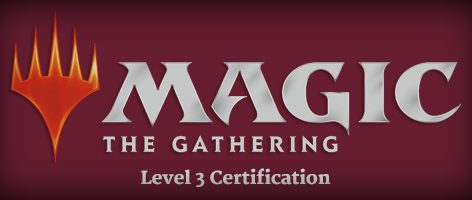When one starts judging, they probably do so as a standalone judge. We know that as long as events are small enough, a single judge can handle all the tasks needed: cut a few slips, announce the round, answer some questions. As the tournament grows in number of players, it will also grow in terms of complexity and staff needed to run it adequately.
It might also become a competitive event. When the tournaments stop being manageable for a single judge, giving people fixed tasks to perform during the day will become important, more so in the cases of a very big event like the GPs held at Magic Fests, huge conventions or other large events. The usual way to do so is to divide the staff in various teams, giving each team an experienced judge (called team leader) responsible for coordinating their group, and assigning specific tasks to each Team. Teams make sure the tasks they are responsible for are done at the appropriate times and the team leaders delegate out tasks and responsibilities between the team members to succeed doing so.
In this module we will be discussing briefly the reasoning behind organizing the staff of an event in separate teams and will try to overview the tasks assigned to each of them in most large events. We’ll cover the usual teams of:
- Papers
- Decks/Deck Checks
- Floor/Features
- Stage/End-of-Round
- Product
- Breaks/Top 8
- Other possibilities




